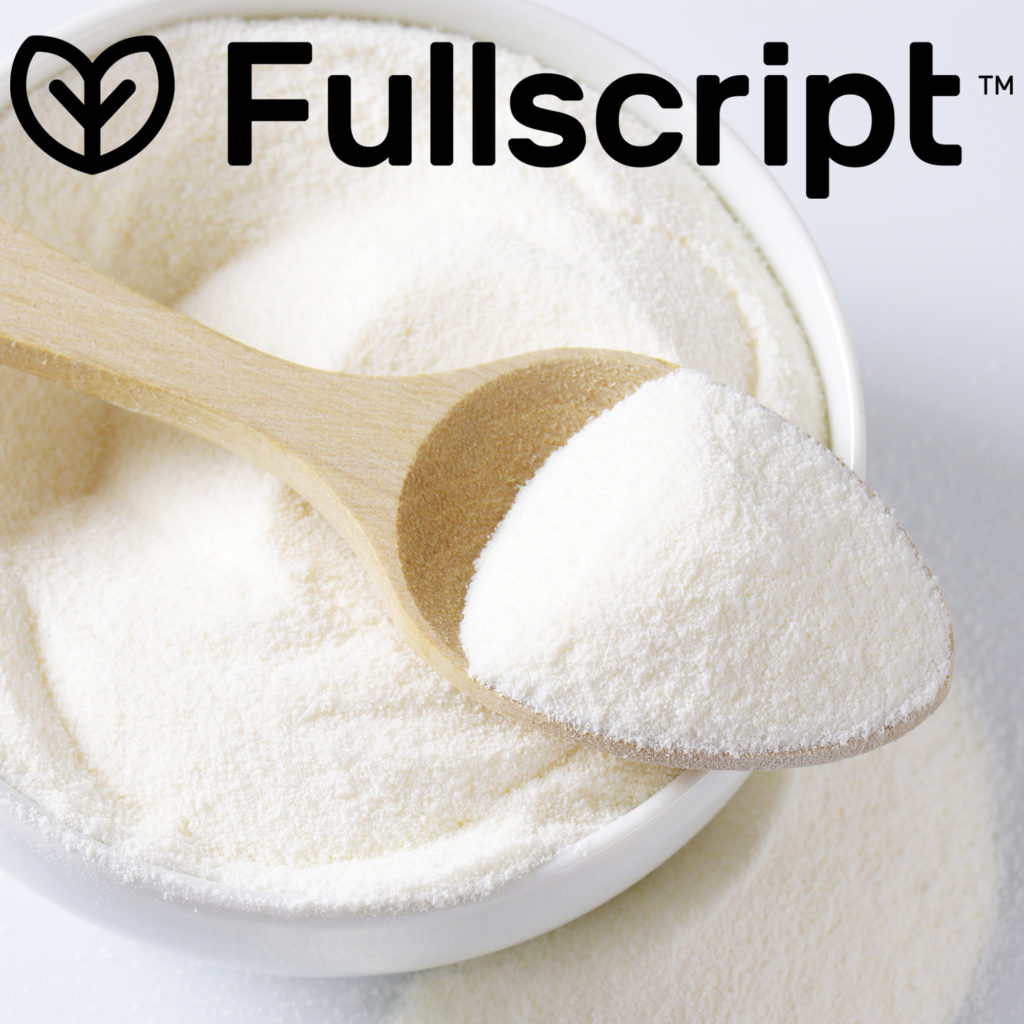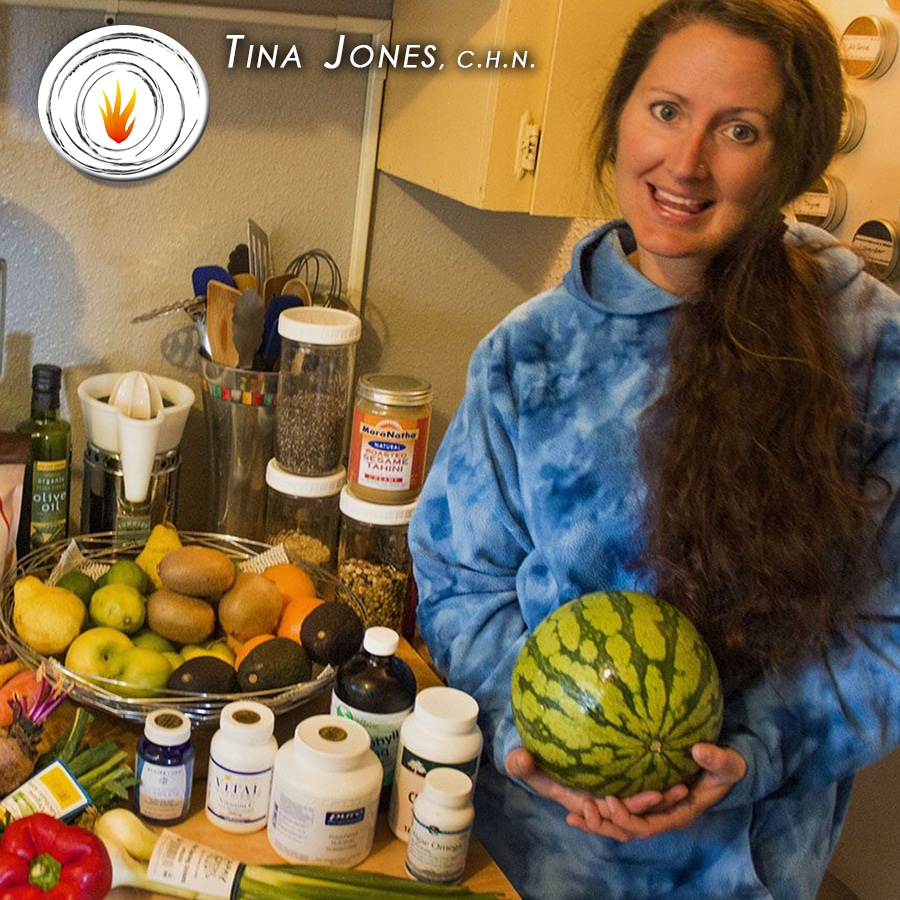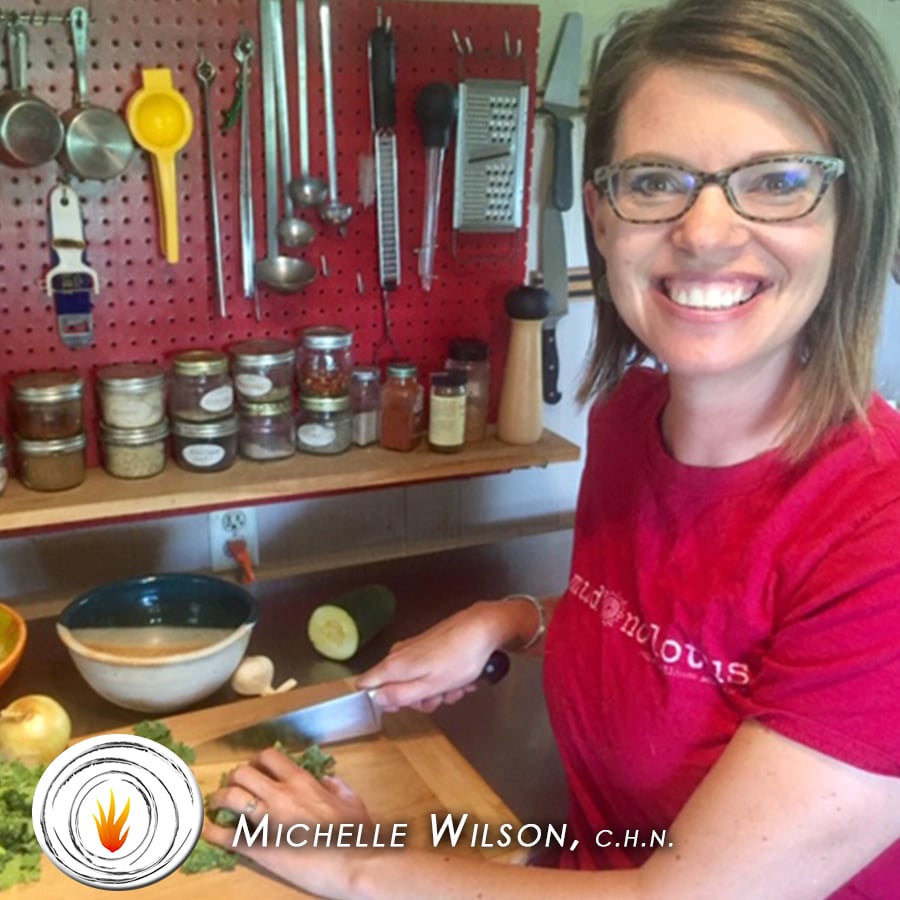I'M EATING HEALTHY...
BUT I FEEL LIKE CRAP!
Jiovanna Acosta - Certified Holistic Nutritionist
-
Energetic Health Institute
- August 30, 2021
ARTICLE IN A NUTSHELL
1. Many people are switching to a healthier lifestyle yet still find themselves feeling sick with no energy.
2. New research highlights the importance of the gut microbiome in the absorption and utilization of nutrients and immune response.
3. Medications, such as antibiotics and proton pump inhibitors, high stress levels, toxic chemicals, and poor oral health have negative effects on the health of your microbiome.
INTRO
Have you been taking the time to select and prepare the healthiest meals yet still feel bloated, tired, and frustrated? If that sounds anything like you, you are not alone. It can be difficult to put the energy into improving your health when you aren’t getting the results you expected, but don’t give up just yet! We’re going to explain what causes that bloated feeling and what you can do to improve it so you can fully enjoy the benefits of your new healthy lifestyle.
Before we start getting into details, let’s introduce a few terms that we’ll be focusing on throughout the article. The first is the microbiome. The microbiome, or microbiota, refers to the colonies or families of microorganisms such as bacteria, fungi, and other microbes that live in our body. A healthy gut microbiome is diverse, and it plays an essential role in proper gastrointestinal function and immune response. (1)
The next term is gut dysbiosis. This is when an imbalance of bacteria in the gut is a very probable cause for malabsorption of nutrients, food sensitivities, and many other health issues. Gut dysbiosis can be caused by a bad diet but it can also be caused by certain medications, such as proton pump inhibitors and antibiotics, environmental toxicity, and high levels of stress. (2)
Let’s dive a little deeper!
THE MICROBIOME & ITS ROLE IN YOUR HEALTH
New scientific research is now showing that the microbiome has huge effects on our overall health. It performs several roles within the body, many of which work to support the digestive system and the immune system. In fact, a healthy microbiome is so essential that researchers are now considering it an organ system. (1)
The vast majority of the microbiome is housed within the gut, which contains both beneficial and harmful bacteria. Ideally, we should have healthy amounts of beneficial bacteria, balanced amounts of normal bacteria, and no pathogenic bacteria. When there is an imbalance with any of these bacterias, it is classified as gut dysbiosis.
Gut dysbiosis is often characterized by the growth of harmful pathogenic bacteria, which can lead to gastrointestinal conditions such as Inflammatory Bowel Syndrome (IBS), Small Intestine Bacterial Overgrowth (SIBO), and other chronic digestive conditions that often lead to malnourishment, inflammation, and poor immune function. Your gut bacteria also helps synthesize neurotransmitters such as serotonin and dopamine, so dysbiosis can also lead to or aggravate things such as anxiety and depression. (3)(4)
SO, WHAT EFFECTS YOUR MICROBIOME?
Diet
Diet is one of the biggest factors in the health of the microbiome. Poor dietary habits increase the harmful bacteria that leads to inflammation and disease. A diet that is varied and consists mainly of Whole Foods, is the ideal diet for the microbiome. But you’re here because you’ve started this healthy diet already and now you’re bloated. Well, that bloating may actually be a good sign. It means that your microbiome is changing. Harmful bacteria is being removed and replaced with beneficial bacteria. (5)
However, if you still experience bloat or fatigue after 30 days on a healthy diet, there might be some other factors effecting your microbiome.
Medications
Many prescription medications are known to disrupt our gut microbiome. Two medications that are known to cause gut dysbiosis are antibiotics and proton pump inhibitors, such as Nexium. Antibiotics do not distinguish between beneficial and harmful bacteria. They will kill harmful bacteria but will also kill the populations of bacteria that are essential for your digestive system and immune health. (6)
Proton pump inhibitors (PPIs) lower your production of hydrochloric acid which is needed to properly digest food and kill off harmful microorganisms that make their way into the digestive tract. Long use of this medication can increase the chances of malnourishment and infections. A study reports that PPIs are consistently associated with a decrease in diversity in the microbiome. (7)
Stress
The presence of stress can have huge implications for the health of your gut and therefore, your immune system.
When you are stressed, your sympathetic nervous system is activated, placing your body in fight or flight mode. In this state, blood is being utilized to respond to a stressor(s), rather than supplying the body with the nutrients needed to support the digestive process and the immune system. Ultimately, this creates an acidic environment and results in inflammation throughout the body. (8)
Toxicity
Even if you have the healthiest diet, there is a likely chance that you are exposed to chemicals that affect your microbiome.
Heavy metals and pesticides are a good example of this but the list of chemicals we are exposed to daily is exceptionally long. Studies confirm that exposure to heavy metals such as arsenic, cadmium, copper, and lead are associated with disruptions in the gut microbiome. (9) (10)
Oral Microbiome Health
The health of your oral microbiome is linked to the health of your gut microbiome. Bacteria from your mouth can make its way into your gut microbiome through your saliva. If there are imbalances in the oral microbiome this can lead to imbalances in the gut microbiome as well. (11)

"My experiences learning at EHI have been nothing short of life changing. Not only have I been able to apply my newly acquired knowledge in holistic nutrition to healing my own body, but I have been able to see how beneficial plant-based diet and energetics will be for my future clients. I am graduating with every confidence in having a successful practice and being able to help so many!"
HOW YOU CAN IMPROVE YOUR MICROBIOME
Now that we have talked about some of the causes of gut dysbiosis, let’s move on to some things we can do to improve this condition.
Supplements
Probiotics can be an amazingly effective way to increase your populations of beneficial bacteria and boost your health. Some studies have reported probiotics are beneficial for people who suffer from IBS. (12)
L-glutamine is another supplement that is essential for repairing the gut lining. Several studies have demonstrated that this amino acid helps maintain gastrointestinal mucosal barrier function. (13)
Healing Foods
Even if you are eating a healthy diet of organic whole foods, you may not be getting enough of some specific foods that help to heal the gut. These include fermented foods, such as sauerkraut and kimchi, sprouted nuts and seeds, healthy fats, such as coconut and coconut products, omega 3 fatty acids, cooked vegetables, and fruits. (14)
Additionally it is important to ensure that you are getting enough fiber, as it is essential for keeping your intestines strong, eliminating waste, and feeding beneficial bacteria. (15)
Removing Trigger Foods
If you have gut dysbiosis or other gastrointestinal issues, foods that you consider healthy might be actually doing more harm that good.
Food sensitivities can trigger immune responses, promote inflammation, reduce the presence of digestive enzymes, and result in gastrointestinal (GI) tract conditions such as IBS.
Removing foods that trigger immune responses is necessary to heal the gut lining and improve the function of the GI tract. (16)
Detox
Your liver helps your body process and eliminate toxic substances such as heavy metals and other harmful chemicals.
Supporting your liver with the right nutrition can be an amazing way to improve gastrointestinal function and get rid of chemicals that are keeping you feeling sick. (17)
Stress Management
Managing stress is probably one of the most significant things we can do for our overall health and particularly the health of our gut.
Practices such as meditation, breathwork, physical movement, and positive thinking are amazing tools to lower our stress levels and activate our body’s healing mechanisms. (18)
Make Your Oral Health a Priority
A lot can be done to improve the health of your gut but if you are neglecting your oral microbiome, you might not be successful.
Take your oral health seriously. Maintaining good hygiene and using a toothpaste that takes the oral microbiome into consideration can be great tools to support your oral and gut microbiomes. (19)

Looking to purchase probiotics and improve your microbiome?
Click the button below to head to the Energetic Health Institute's Fullscript page and receive 10% off all supplements!
FINAL THOUGHTS
Making the conscious decision to upgrade your nutrition is a no-brainer. People are changing the way they see and consume food and are becoming aware that nutrition can help them not just manage their conditions but, in many cases, reverse disease processes and gain their health back.
But sometimes we get on board and the results are not what we expected. It’s frustrating! But knowing and understanding what is happening within the body can help alleviate some of that frustration and keep you on track.
If you want to make sure you are getting the most from your new diet, heal your gut. Remove the factors that feed the harmful bacteria and focus on the ones that nourish the beneficial bacteria and restore your microbiome. You will be on your way to better digestion, more energy, and improved immune function.
ABOUT THE AUTHOR

Jiovanna Acosta is a Board Certified Holistic Nutritionist and graduate of the Energetic Health Institute. She is passionate about education and exploring new scientific discoveries. She also loves to dance every chance she gets. Her background in special education has inspired her to focus her work on children, providing personalized education and developmental tools for their wellbeing and future success.






Keep In Touch 1 Email A Week Always Worth Opening
Emails That Will Make You Feel Happy & Hopeful. Quick Reads. Uplifting Podcasts. Always Interesting. Amazingly Helpful Too. Get 1 Email Each Week That You’ll Love To Open.
ARTICLE CITATIONS
(1) https://www.hsph.harvard.edu/nutritionsource/microbiome/
(2) https://www.ncbi.nlm.nih.gov/pmc/articles/PMC3601187/
(3) https://link.springer.com/chapter/10.1007/978-3-319-74932-7_13
(4) https://blog.designsforhealth.com/node/1228
(5) https://www.health.harvard.edu/blog/diet-disease-and-the-microbiome-2021042122400
(7) https://gut.bmj.com/content/65/5/740
(8) https://www.sciencedirect.com/science/article/pii/S2352154618301608?via%3Dihub
(9) https://www.nature.com/articles/s41598-020-61143-7
(10) https://www.nature.com/articles/npjbiofilms20163
(11) https://atlasbiomed.com/blog/oral-dysbiosis-affects-gut-health/.
(12) https://www.healthline.com/nutrition/probiotics-101#digestion
(13) https://benthamopen.com/ABSTRACT/JEBP-5-47
(14) https://draxe.com/health/leaky-gut-diet-treatment/
(15) https://www.medicalnewstoday.com/articles/short-term-increase-in-fiber-alters-gut-microbiome
(16) https://www.gutmicrobiotaforhealth.com/how-the-gut-microbiota-plays-a-role-in-food-sensitivities/
(17) https://draxe.com/nutrition/liver-cleanse/
Medical Disclaimer & Compliance
***All information shared on this website is public domain & for educational purposes. Information can be shared freely with the understanding that all statements have not been evaluated by the US Food and Drug Administration (FDA). Go Here for a current list of the FDA’s position on various therapeutic interventions. We are required to inform you that any information presented on this site (including within the videos) are not intended to advise, diagnose, treat, cure or prevent any disease including COVID. We are required to inform you that any information presented on this site (including within the videos) are not intended to constitute legal advise. Always consult with qualified licensed medical professionals and legal experts before enacting any information presented herein.***
***In a transparent effort to be in full compliance with the US Food and Drug Administration (FDA) and Federal Trade Commission (FTC) regarding prevention, treatment & deceptive practices (15 U.S. Code § 57b & Section 19 of the FTC Act), we are required to notify you that the information presented on this website is a collection of peer-reviewed empirical evidence, but has not yet been evaluated by the FDA for safety & efficacy. None of the information provided is intended to replace the care and supervision of a qualified licensed medical professional or the legal advice of licensed attorneys. Additionally, in full disclosure, we do not endorse any products, companies or services.***
©2013-2023 Energetic Health Institute. All Rights Reserved. Born To Teach, To Heal & To Lead With Love. Let's Make Tomorrow AMAZING!
EHI Privacy & School Policies | Awesome Theme by: D5 Creation | Powered by: WordPress